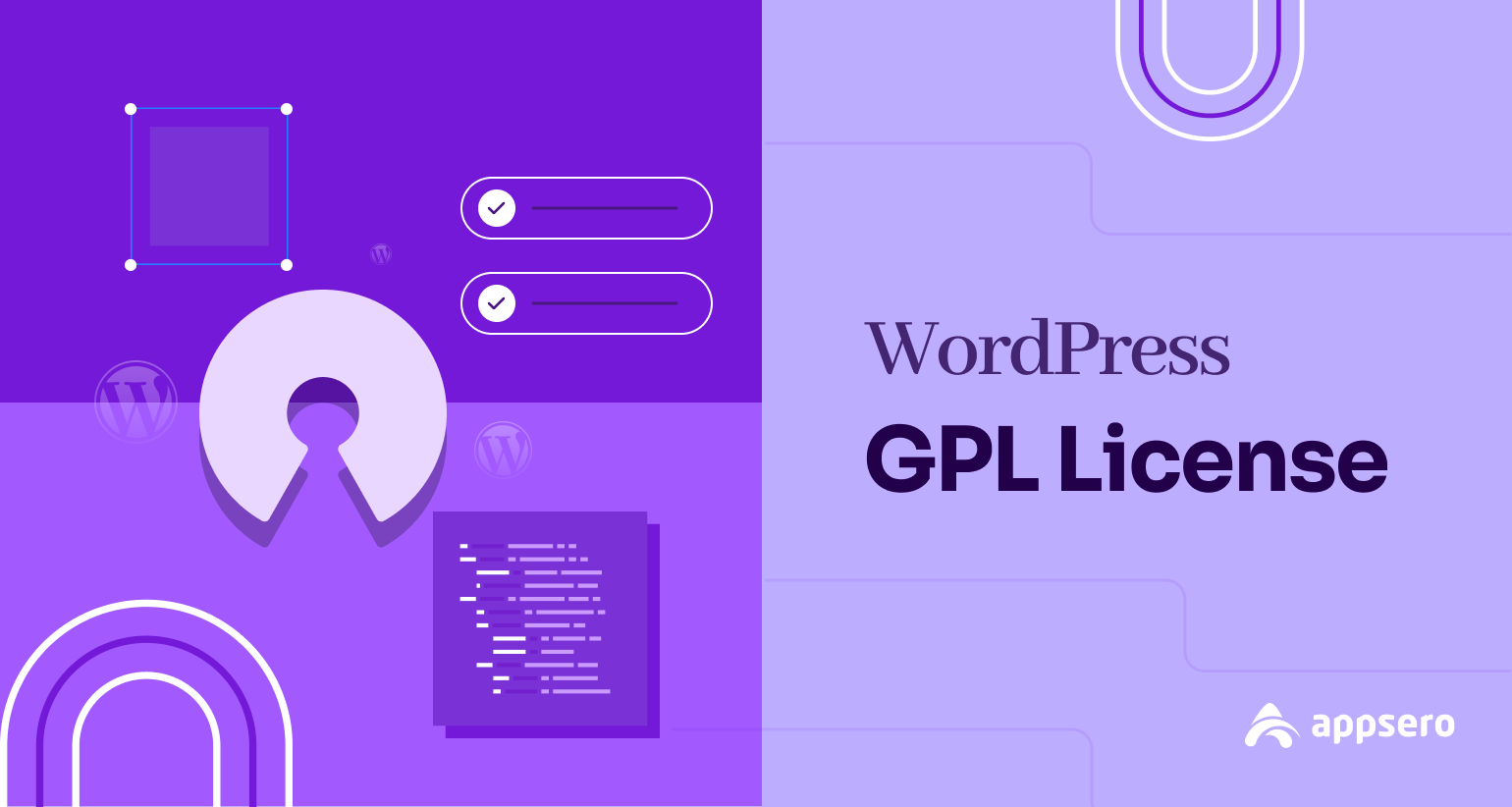
What Is WordPress GPL License – Everything You Should Know
To successfully start a sustainable business on WordPress, it’s essential to understand the licensing system (GPL) that governs this platform. It not only explains how WordPress can be used but also plays a crucial role in maintaining a peaceful community for users and developers.
Understanding GPL is a must, especially for professional developers and those who want to build their business sites using various WordPress plugins. Yet many people tend to show disinterest in caring about GPL, which causes them to suffer a lot in the end.
In this article, we’ll cover everything about the WordPress GPL license systems in detail, which you must know or read out at least once in a lifetime. Get started!
What Is GPL License?
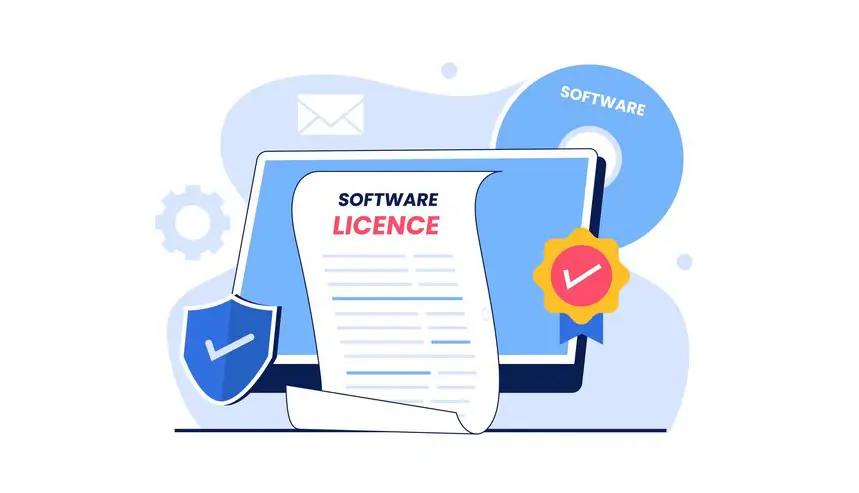
GPL stands for General Public License. It’s a widely used licensing system that allows people to modify someone else’s software and resell/redistribute it to customers. As WordPress is licensed under GPL, you can modify and redistribute any WordPress themes and plugins.
Since WordPress is committed to open-source, this role applies to any free or premium WordPress themes and plugins.
The reasons for WordPress releasing under the GPL are both practical and idealistic. WordPress was born of the very freedom mentioned earlier. The predecessor to the WordPress project, b2/cafelog, was also an open source project.
Codex
Freedoms the WordPress GPL License Grants You
If you go to the About page of WordPress.org, the GPL licensing system grants you four key freedoms, which are counted as key strengths of this content management system. Let’s take a look at them below.
1. Freedom to Build: Anything You Imagine
WordPress allows you to create any type of website, including a personal portfolio, online store, or community forum. For example, a small business can create an e-commerce site, while a non-profit organization can use it to build an informational portal.
2. Freedom to Learn: Explore How It Works
With GPL, you can access the source code, the underlying blueprint that makes WordPress tick. This allows developers to study how it works, modify it for specific needs, and even contribute improvements back to the community.
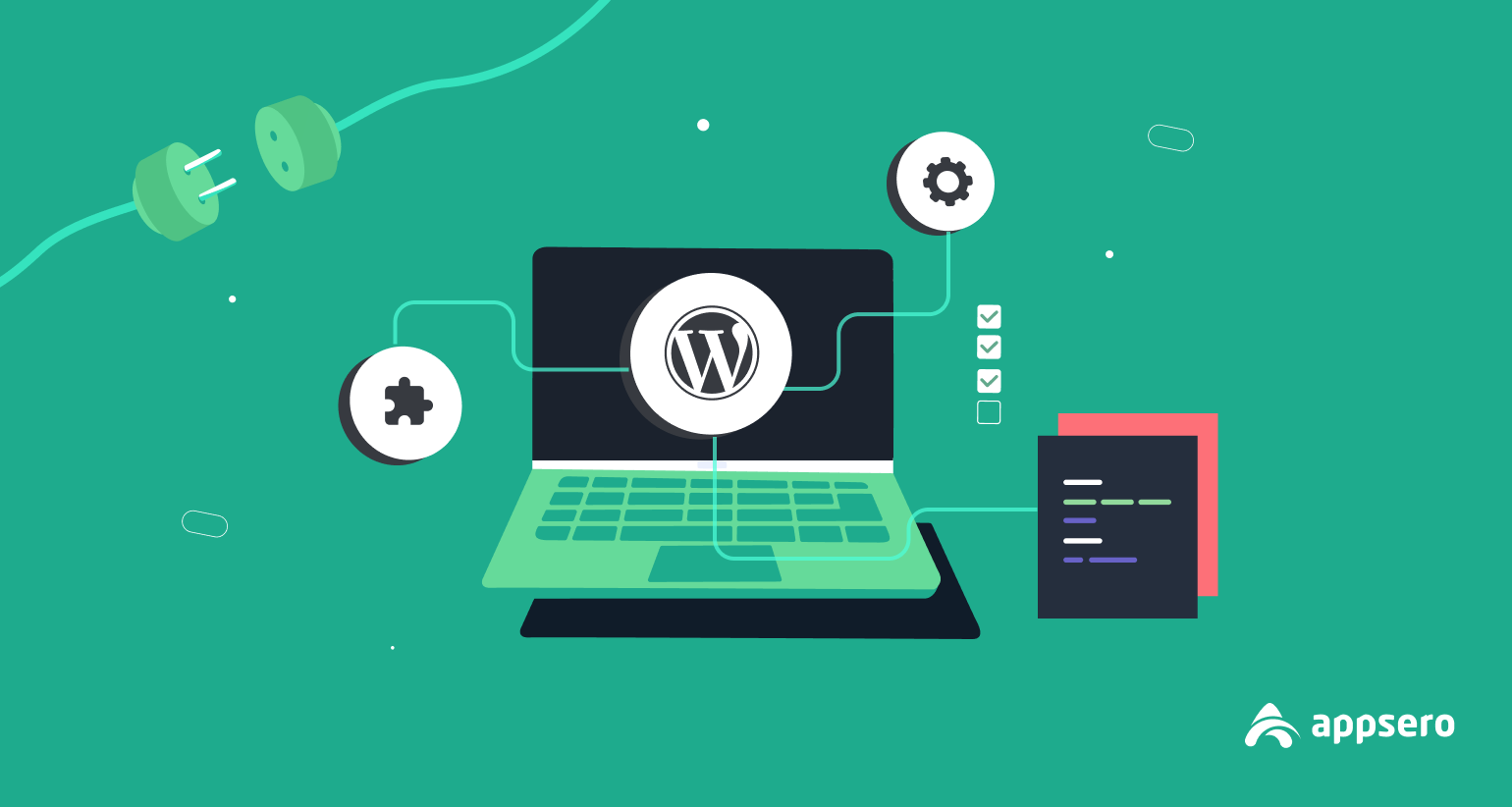
3. Freedom to Change: Make WordPress Your Own
GPL empowers you to build derivative works based on the core software. This could be anything from a niche plugin that optimizes image SEO to a full-fledged theme that transforms your website’s visual identity. But here’s the twist – the GPL requires your derivative work to inherit the same open-source spirit.
4. Freedom to Share: Spread the WordPress Love
The beauty of WordPress extends to sharing it with others. You can redistribute copies of the software, allowing friends and colleagues to set up their websites with ease. Users can also distribute their modified versions of WordPress to others. This ensures that improvements and innovations can benefit the wider WordPress community.
GPL vs. Other Open Source Licenses (With a Comparison Table)
After the above discussion, hope you now have a clear idea of what the GPL license is. There are several other types of licensing systems as well. For further understanding, let’s take a quick look at the differences between GPL and other open-source licenses.
| Feature | GPL | LGPL | BSD License | MIT License |
|---|---|---|---|---|
| Copyleft | Yes | No | No | No |
| Derivative Works | Must be GPL-licensed | Can be closed source | Can be open or closed | Can be open or closed |
| Commercial Use | Allowed | Allowed | Allowed | Allowed |
| Focus | Open source & collaboration | Flexibility for developers | Wider adoption | Ease of use |
| Restrictions | Modifying GPL code requires keeping it open source | Less restrictive than GPL | Few restrictions, but copyright notice is required | Very permissive, minimal obligations |
| Suitability | Projects where source code openness and community contribution are crucial | Libraries or components used in both open-source and closed-source projects | Projects seeking widespread adoption and potential commercialization | Small code snippets or projects where ease of use and minimal restrictions are desired |
The GNU General Public License (GPL) is a popular open-source license, but it’s not the only option. Let’s have a look at the three other major licenses that uphold the open-source spirit as well.
LGPL (GNU Lesser General Public License): More permissive than GPL. Allows linking GPL code with proprietary software without requiring the proprietary code itself to be open source.
BSD License (Berkeley Software Distribution License): Highly permissive. Grants users broad freedom to use, modify, and distribute the code, even for commercial purposes, with or without keeping the source code open.
MIT License (Massachusetts Institute of Technology License): Extremely permissive. Similar to BSD, grants users almost complete freedom with minimal obligations. Requires copyright and license notice to be included in derivative works.
The Power of GPL in Action: WordPress Themes and Plugins

Consider the vast library of WordPress plugins and themes. These extensions often rely on core WordPress functionalities to operate. Since they’re derivative works, they inherit the GPL license. This ensures that themes and plugins remain open-source within the WordPress ecosystem.
For instance, let’s say you develop a plugin that adds a sleek contact form to WordPress websites. Under GPL, users can freely download and install your plugin. They can even modify the code to customize the form’s appearance or functionality, perhaps adding a CAPTCHA verification for spam protection.
While you can’t restrict users from modifying or redistributing your GPL-licensed plugin, you can offer additional services like premium support or automatic updates to provide value beyond the core functionality.
Benefits of the WordPress GPL License System for Users, Developers, and the Community
The GPL license isn’t just about free software – it’s about creating a win-win situation. Users benefit from a vast ecosystem of free and customizable tools. Developers have the opportunity to contribute, innovate, and build sustainable businesses.
Thus, the entire WordPress community flourishes. Let’s now take a look at the benefits of the WordPress GPL licensing system for different groups of people.
Benefits for Users
Free software, a vast library of customizable plugins and themes, and the freedom to tinker with the code – that’s the magic of GPL for users. You can build your dream website without breaking the bank and even modify things to fit your specific needs.
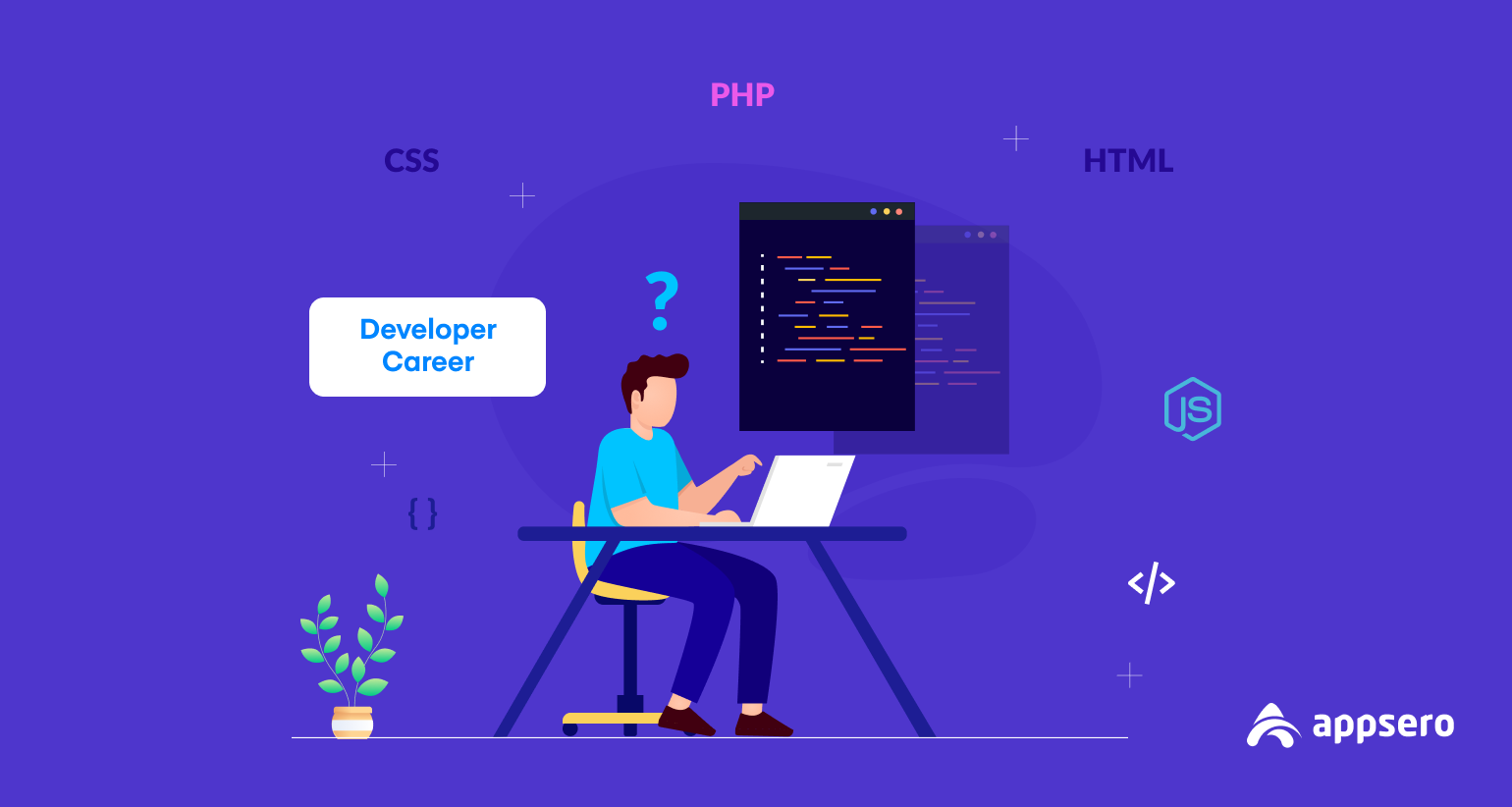
Benefits for Developers
GPL opens doors for developers who want to make their mark. They can contribute to the core project and innovate by building upon existing code. They can even build a business by offering premium support or custom development services for their GPL-licensed creations.
Now of course we know that these companies can make millions of tens of millions of dollars while being GPL, and it’s amazing to be able to point to that. I love pointing to the experience of those people who are GPL when people come to me and they’re scared about open sourcing their work.
Matt Mullenweg on companies making money while being GPL
Benefits for Community
With open access to the code, developers worldwide can work together to improve WordPress. The open-source spirit promotes a culture of sharing and collaboration, leading to a constant stream of improvements. This results in a wider variety of plugins and themes, and a richer experience for everyone who uses WordPress.
…software is repaired, advanced, and extended faster and better when it’s open. When more people can share it, inspect it, tweak it, and pass it along, you get better and stronger software. Innovation, it turns out, works better with more people collaborating than when less do.
Chris Lema on the power of community
So, the next time you leverage the power of WordPress, remember the invisible force behind it – the GPL license that ensures a vibrant and ever-evolving platform for everyone.
The Challenges of Dealing with WordPress GPL License
While the GPL license unlocks a treasure of benefits in WordPress, it’s not without its complexities. Here’s a peek into some of the gray areas you might encounter:
Derivative Works vs. Bundled Resources
The line can blur between a derivative work (which inherits the GPL) and resources bundled with a plugin or theme (like images or fonts). These resources might have separate licenses.
Attribution Requirements
Some GPL licenses might require you to provide attribution (mention the original author) when using their code. Understanding these requirements is crucial.
Modifications and Sharing
While GPL grants you the freedom to modify GPL-licensed code, there can be confusion about how much you can modify it before it’s considered a derivative work that requires separate licensing.
GPL and Commercial Use
Although GPL allows commercial use of modified code, some users might misinterpret this and believe they can redistribute paid plugins for free. It’s important to clarify that using a plugin for commercial gain and freely distributing it are two different things.
Tips for Smooth Sailing with GPL
By following the below tips and familiarizing yourself with the resources available, you can confidently navigate the open-source world of WordPress. Let’s leverage the full potential of the GPL license.
- Consult the Official Resources: The WordPress license page (https://wordpress.org/about/license/) is a great starting point for understanding the specifics of GPL as it applies to WordPress.
- Seek Legal Guidance for Complexities: For intricate scenarios, consulting a lawyer specializing in open-source licensing can provide valuable insights and ensure you’re on solid legal ground.
- Embrace the Open-Source Community: The WordPress community thrives on collaboration. Don’t hesitate to reach out to developers or forums if you have questions about specific licenses.
- Know Your Limits: Some GPL licenses require attribution (crediting the original author). Be mindful of these requirements. Similarly, understand the boundaries of modifying GPL code. Extensive changes might create a derivative work requiring separate licensing.
Clear Up the Confusion Between Nulled and GPL Software
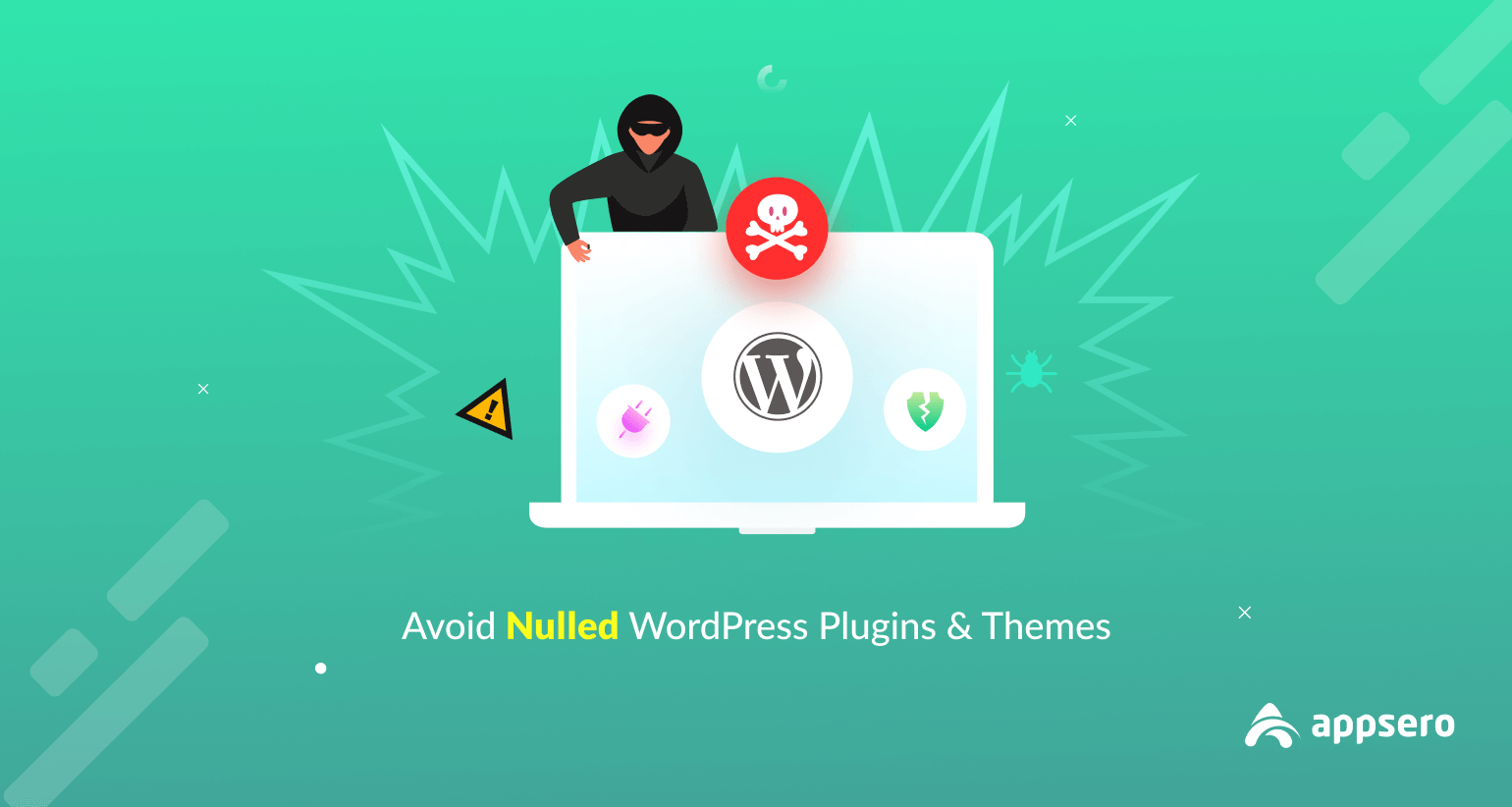
When it comes to WordPress plugins and themes, two options can cause confusion: nulled software and GPL-licensed software. Both might appear to offer free tools, but understanding the key differences is crucial for a secure and successful WordPress experience.
Nulled software is often illegally obtained from unreliable sources. These sources can inject malicious code into the plugin, putting your website at risk of data breaches, spam attacks, or even complete website breakdowns.
Unlike legitimate developers who provide updates and bug fixes, nulled software remains stagnant. You’ll not get any support or future updates of the product.
Moreover, using nulled software is essentially stealing. Developers dedicate time and effort to creating these tools, and they deserve to be compensated for their work. By using nulled plugins, you deprive them of their rightful income.
Important: Copyright laws protect intellectual property. Using nulled software can lead to legal trouble if caught.
Choosing the Right Path: Nulled vs GPL-Licensed Software
While nulled software might seem tempting initially, the risks far outweigh the benefits. GPL-licensed software offers a safe, ethical, and feature-rich alternative. Here’s why it’s the clear winner:
- Free and Secure: GPL offers a vast collection of secure plugins that won’t compromise your website’s safety.
- Support the Community: Choosing GPL empowers developers and nurtures innovation within the WordPress community.
- Long-Term Benefits: With GPL, you receive regular updates and support, ensuring a smooth and secure experience.
Also Read: Why You Should Avoid Nulled WordPress Plugins and Themes – 9 Valid Reasons
Frequently Asked Questions About the WordPress GPL License
The GNU General Public License (GPL) is the foundation of WordPress’s open-source philosophy. Here are some commonly asked questions about the WordPress GPL license:
-
1. Why are GPL and WordPress connected?
GPL aligns perfectly with WordPress’s core values of transparency, collaboration, and accessibility. WordPress is open-source (GPL) for a reason! It’s free, which means more people use it. Developers can build on each other’s work. Plus, GPL lets you customize WordPress to perfectly fit your website’s needs.
-
2. Why are plugins and themes considered derivative works of WordPress?
Plugins and themes are built upon the core functionality of WordPress, adding new features and capabilities. They often interact with the core WordPress code to function. That’s why these are considered derivatives of WordPress.
-
3. Are GPL plugins/themes safe?
Generally, yes! Since GPL code is open-source, anyone can inspect it for security risks. This transparency makes it harder to hide malicious code. Additionally, many GPL plugins have active development communities constantly fixing bugs and releasing updates. However, downloading from trusted sources is crucial to avoid modified versions containing malware.
-
4. Why should I pay for GPL themes/plugins?
You might pay extra for premium features, like advanced customization options. Additionally, you could pay for priority support from the developer if you run into any issues. Moreover, some GPL products offer white-labeling, allowing you to remove the developer’s branding and resell the plugin or theme under your own name.
-
5. Can I use a GPL plugin commercially?
Yes! The GPL license allows you to use GPL-modified code for commercial purposes. This means you can build a website for a client using a GPL plugin and still charge them for your services.
-
6. Can I remove the GPL license from WordPress products?
Nope! The GPL license sticks like glue. It’s in the code and can’t be removed. It’s part of the open-source deal. Your options are to build something new from scratch or double-check the actual license (it might not be true GPL).
-
7. Can I integrate non-GPL plugins and themes with WordPress?
Yes, you can use non-GPL plugins with WordPress, but be cautious. They might conflict with the GPL license, limit your control, and have fewer security checks or support. Stick with GPL plugins for a safer and more open experience.
In Conclusion: Embrace the Open Road with GPL
Nulled software, those tempting “free” alternatives, might seem like a quick fix. But they’re more like-trapped chests – filled with potential security vulnerabilities, no updates or support, and the ethical dilemma of stealing from developers. But, with GPL-licensed plugins and themes, you get a smooth, secure, and ethical journey.
So, How Do You Get Started? The good news? You’re already halfway there! WordPress itself is GPL-licensed. Now, all you need to do is:
- Explore the official directory: The WordPress plugin directory is a treasure trove of free and GPL-licensed tools.
- Seek out reputable developers: Look for developers with a strong reputation and a commitment to open-source principles.
- Embrace the community: The WordPress community is a wealth of knowledge and support. Don’t hesitate to ask questions!
By sticking with GPL-licensed plugins and themes, you’re not just getting free software – you’re contributing to a collaborative spirit and ensuring a secure, ethical journey for your WordPress website. So, buckle up, embrace the open road of GPL, and enjoy the ride!
Subscribe To Our Newsletter
Don’t miss any updates of our new templates and extensions
and all the astonishing offers we bring for you.




